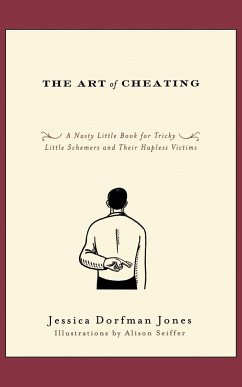"The saddest thing about betrayal is that it never comes from your enemies."-Author Unknown When betrayal is discovered, wounded partners experience betrayal trauma. This unique form of trauma is a result of a significant violation of deep attachment to someone who is relied upon as a source of safety, security, and dependability. When a person experiences relational trauma, particularly chronic emotional and/or sexual betrayal, complex PTSD (CPTSD) is often the result - leaving the wounded partner dazed, confused, and isolated. Often, they experience intrusive thoughts, flashbacks, nightmares, fearfulness, and extreme anger. This state of emotional dysregulation leaves them wondering: will life ever be normal again? In the chaotic fallout of betrayal, a common mistake made by wounded partners is to focus solely on the recovery of the relationship. As a result, they often get left behind to stuff unwelcome feelings associated with grief and loss. To add to their pain, some are even given bad, but well-meaning advice, to "be more sexually available" or "figure out what their part is in all of this was". This type of advice only adds to their feelings of loneliness; causing them to ponder where they failed to "measure up" along the way. Compounding this is the fact that many wounding partners feel better after finally admitting to the betrayal(s) - leaving the wounded partner behind to pick up the pieces of their shattered life. Recovering from betrayal is a tricky business. The process is not linear - and the length of time it takes varies from person to person. Recovery doesn't happen magically, either. It takes focus. It takes time. It takes work. If you are a wounded partner wishing to regain some normalcy in your life after the discovery of betrayal, in any form, then this book is for you. Through her own personal experiences, as well as her experience working with hundreds of wounded partners, author Laura Burton offers expert guidance through difficult subjects such as: ¿Disclosure ¿Asking Questions ¿Boundaries ¿Self-Care and Self-Compassion ¿Grief and Anger ¿Dealing with Triggers and Reminders ¿Trusting Yourself Again ¿And more.... Regaining sanity after betrayal is possible. This book/workbook is designed to help you do just that. Laura Burton is a trained and certified coach (NCRC) in the areas of partner's recovery (PRC), partner betrayal trauma (PBTC), sexual addiction recovery (SRC), and intimacy anorexia© (IAC) through the American Association for Sexual Addiction Therapy (AASAT). Laura, along with her husband Matt, has authored Rebuilding Trust: A Couple's Guide to Healing After Betrayal. She has helped hundreds of wounded partners and couples heal from the impacts of sexual addiction, infidelity, intimacy avoidance, and sexless marriage. Laura lives with her husband Matt in Tucson, AZ.
Hinweis: Dieser Artikel kann nur an eine deutsche Lieferadresse ausgeliefert werden.
Hinweis: Dieser Artikel kann nur an eine deutsche Lieferadresse ausgeliefert werden.








